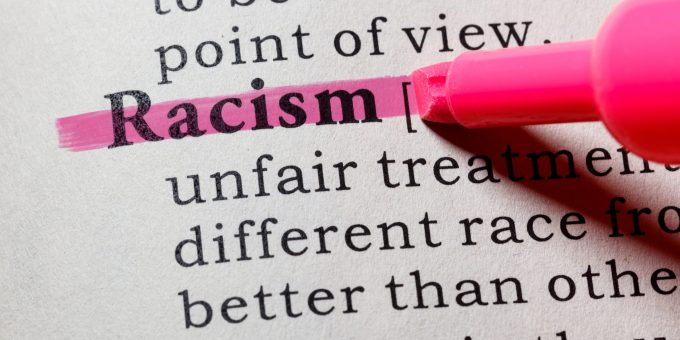
Americans understand social problems like racism, sexism, and classism in very different terms. iStockPhoto // Devonyu
Defining Discrimination Changes Policy Preferences
There’s widespread consensus that racism, sexism, and classism are pervasive social problems requiring consensus and coordination to address. However, a recent study in the American Journal of Sociology suggests that Americans understand these problems in very different terms.
Using a mixed-methods approach combining interviews with a nationally representative survey, sociologists Lauren Valentino and Evangeline Warren discover that Americans define instances of race-, sex-, and class-based discrimination using three interpretive criteria: the intentionality of the act, whether the act led to equal or unequal outcomes, and the balance of power between the perpetrator and victim. Importantly, though, Americans do not weigh these criteria equally. Conservatives and men tend to emphasize intentionality and individual acts while liberals, women, and racial minorities are more likely to define discrimination based on unequal outcomes and systemic power imbalances. Most striking, this variation in definitional criteria strongly predicts policy attitudes, much more so than socio-demographic attributes alone. Those who emphasize outcomes and power structures in their definitions are much more likely to support policies of redress, like affirmative action and anti-discrimination laws.By shedding light on the deep cultural and cognitive divides in how Americans interpret social problems, this research offers a crucial insight: meaningful progress in addressing racism, sexism, and classism may require bridging not just political divides, but also fundamental differences in how we perceive and define discrimination.
